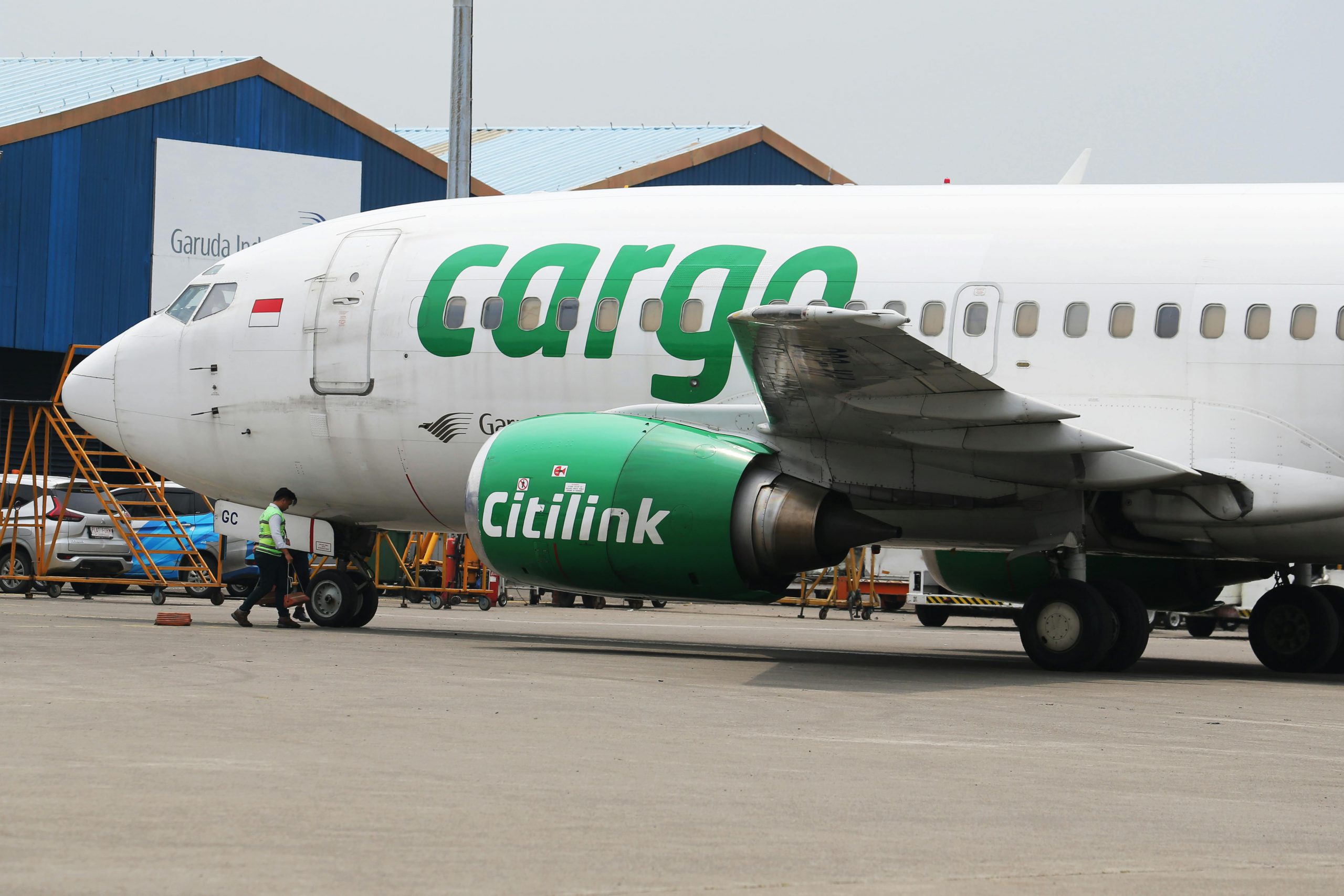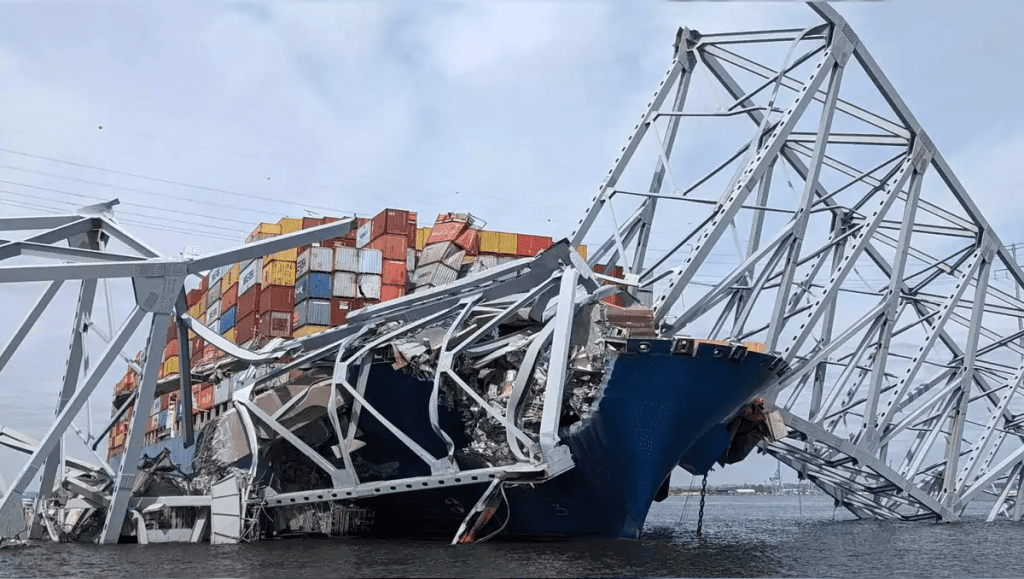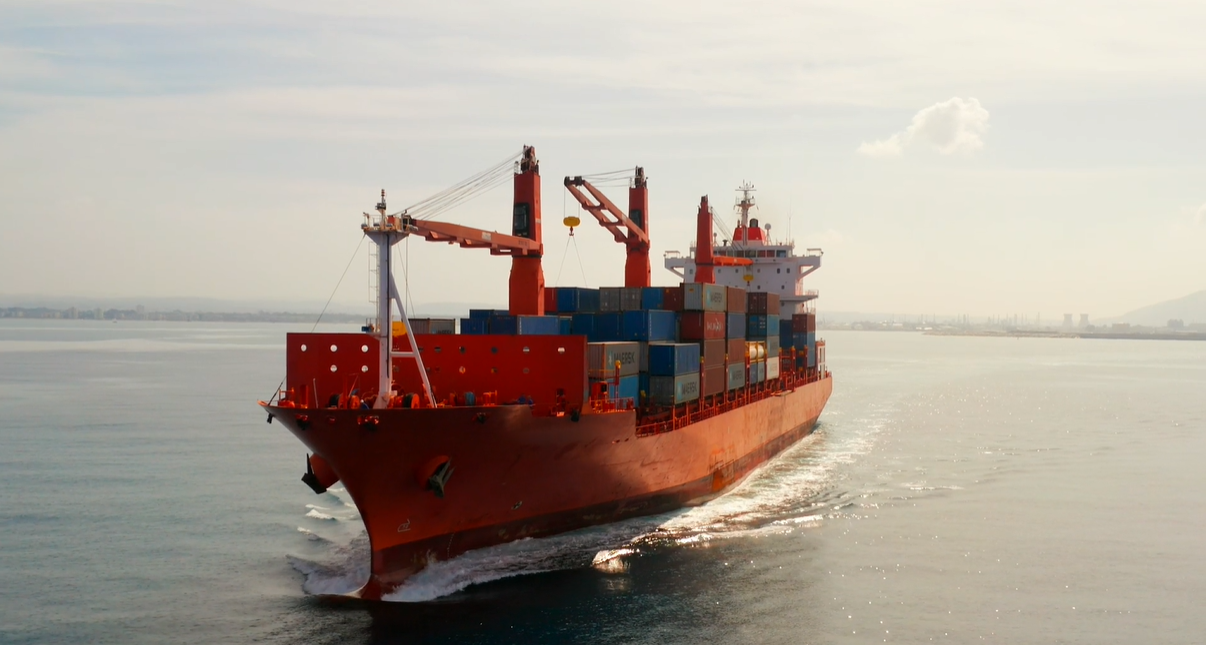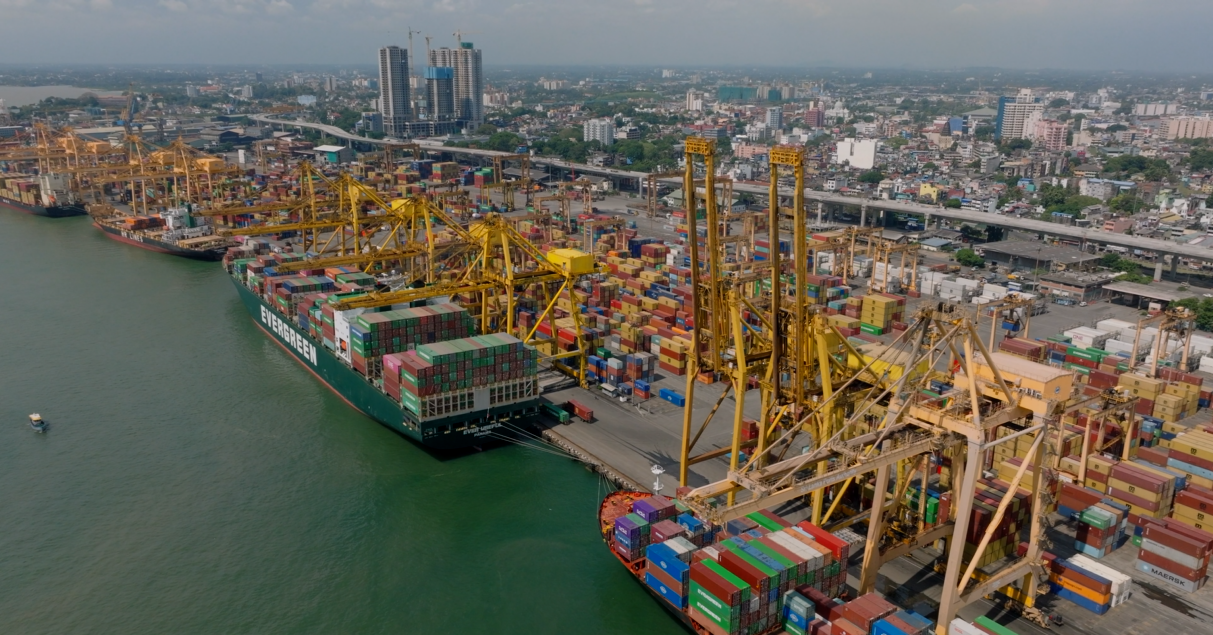CUSTOM BROKERS, FREIGHT FORWARDING
Red Sea Shipping Diversions Impact Global Trade and Logistics
In the expansive realm of global trade, the movement of goods relies on a delicate balance between maritime and air transportation networks. However, recent disruptions in the ocean trade corridor, particularly the surge in Red Sea shipping diversions, have sparked a significant shift towards air transport. Consequently, this phenomenon has far-reaching implications for supply chains, industries, and geopolitical dynamics, reshaping the landscape of global commerce.
April 13th, 2024
|
3 Minute Read

Key Insights
- 1. The crisis in the Red Sea has prompted a notable shift in cargo transportation. Businesses are increasingly opting for air freight to circumvent delays associated with the longer maritime route around Africa.
- 2. Since November, ocean shipping companies have been redirecting vessels away from the Red Sea and towards alternative routes, responding to security threats posed by the Houthi rebels.
- 3. The diversion of ships has led to a 45% decrease in the number of vessels traversing the Suez Canal. This highlights the magnitude of the disruptions in the region.
Understanding the Impact
The Red Sea, historically a vital conduit for global trade, has become a focal point of tensions and security risks. Consequently, there has been a strategic reassessment of shipping routes. Vessels now opt for safer but longer journeys around Africa, significantly transforming global logistics dynamics.
Impact on Airfreight
The surge in Red Sea shipping diversions has placed a substantial burden on the airfreight industry. This has driven up demand for expedited transportation services. As a result, airfreight volumes have reached unprecedented levels, leading to increased rates and prompting businesses to reconsider their supply chain strategies.

Challenges and Opportunities
While higher transportation costs may strain profit margins, the agility and speed offered by air transportation present opportunities for industries facing supply chain disruptions. However, the shift towards airfreight underscores the importance of diversification and flexibility in supply chain management.
Adapting to Changing Realities
In response to evolving trade routes and geopolitical landscapes, businesses must embrace adaptability and innovation. Those adept at navigating turbulent waters and leveraging alternative transportation modes stand to gain a competitive edge in an increasingly volatile market environment.
Looking Ahead
As the saga of Red Sea shipping diversions continues, it serves as a reminder of the interconnectedness of global supply chains and the resilience of the logistics industry. By staying attuned to emerging trends and harnessing the power of innovation, businesses can navigate the challenges posed by disruptions and emerge stronger in the dynamic landscape of global trade.

SUBSCRIBE TO OUR NEWSLETTER!
Read Next
-
Industry Trends: Q2 Insights for LTL Carriers
Less-than-truckload (LTL) carriers are handling more retail freight due to…
-
Air Europa Cargo Partners with Cargo.one for Enhanced Digital Booking
Air Europa Cargo and cargo.one have launched a global partnership…
-
The Role of Electric Vehicles in Modern Logistics
Electric vehicles (EVs) are revolutionizing the logistics industry. Professionals in…
-
Are You Making These Common Freight Forwarding Mistakes?
In the fast-paced world of freight forwarding, efficiency and accuracy…
-
Supreme Court Empowers Carriers: New Regulatory Realities
On June 28, 2024, the U.S. Supreme Court delivered a…
-
Maritime Shipping Still Struggles: Ocean Rates Soar
Ocean spot rates for shipping forty-foot equivalent containers from China…
-
A Comprehensive Guide to Freight Accounting
Effective freight management is crucial for ensuring that businesses can…
-
Rising Container Shipping Rates: US Demand & Red Sea Issues
The global shipping industry is grappling with soaring container rates…
JOIN OUR MAIL LIST FOR EXCLUSIVE ACCESS TO
LATEST NEWS, TIPS, AND RESOURCES
Your privacy matters! Suntek only uses this info to send content and updates. You may unsubscribe anytime. View our privacy policy for more.













